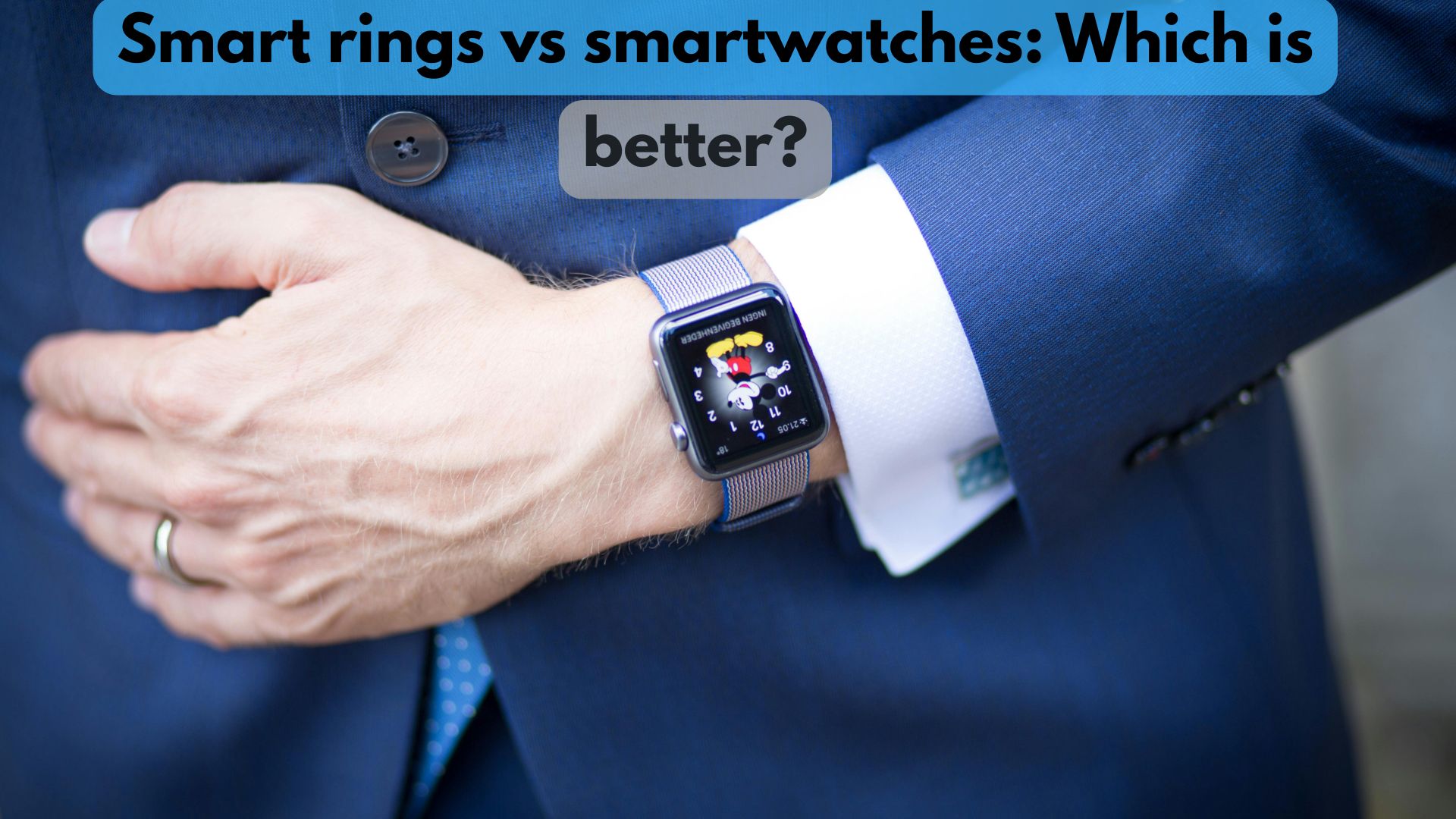usage-based insurance
Usage-Based Insurance: How It Works and Why It’s Transforming Auto Coverage in 2025 Introduction Usage-Based Insurance (UBI) is revolutionizing the way drivers pay for car insurance by linking premiums directly to actual driving behavior. Unlike traditional insurance models that rely on demographics and historical data, UBI leverages telematics technology to track mileage, speed, braking habits, … Read more






